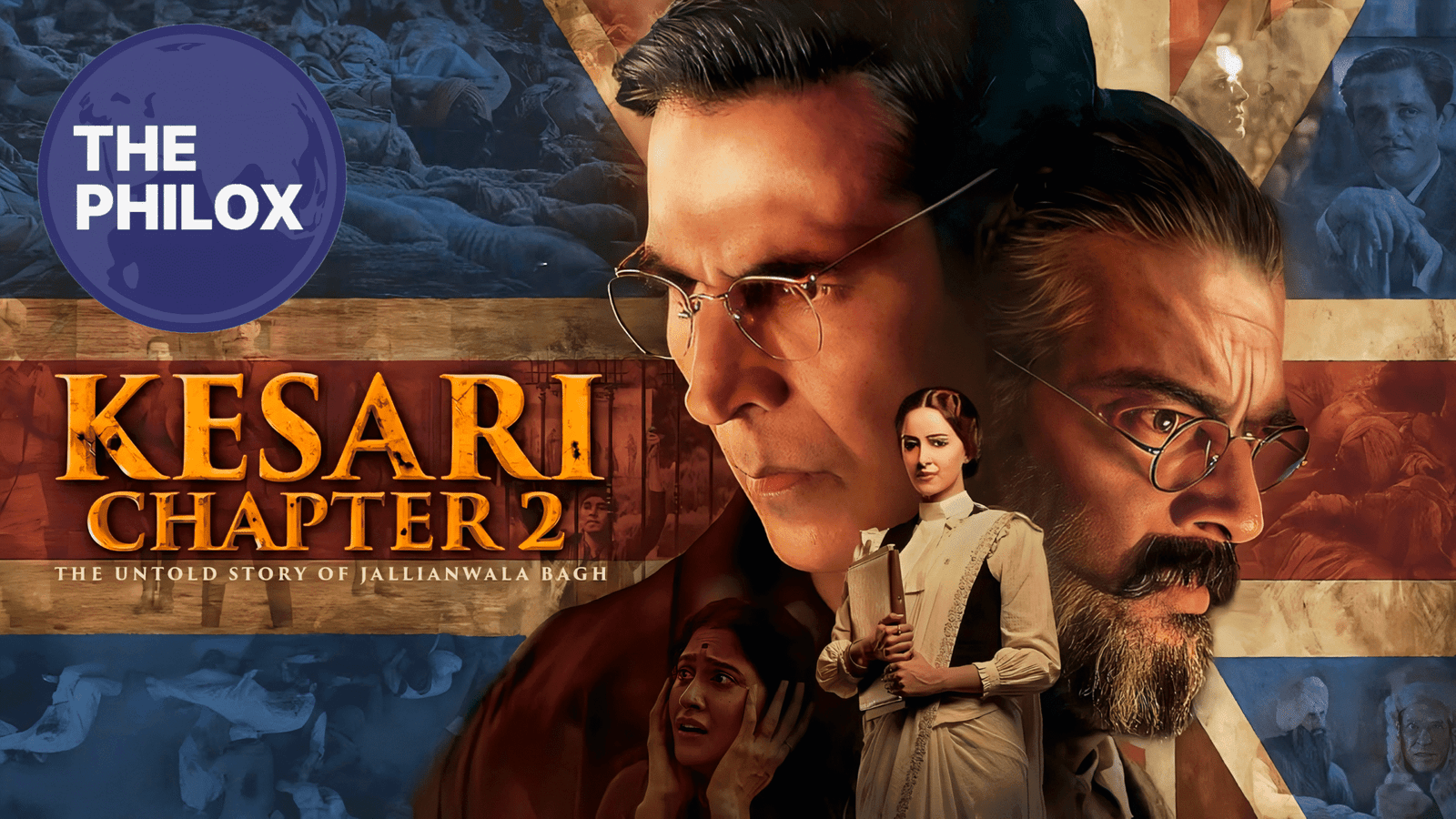Great expectations for a thrashed star-studded thriller
There was great buzz when Jewel Thief originally came out. Leading roles of Saif Ali Khan and Jaideep Ahlawat let viewers expect an exciting crime drama full of suspense, mystery, and action.
Strong performances by both actors—especially in the crime and thriller genres—are well-known. Strong promotion of the movie by Netflix raised expectations that it will be another smash like some of the recent Indian originals on the platform.
Still, events did not go as expected. Jewel Thief was not living up to its promise soon after the movie came out. Early viewers started posting critical reviews online, and the movie’s ratings fell dramatically in a few days.
Bad Execution and a Weak Storyline
The poor plot of the movie has been among the main grievances of spectators and critics both. Although the title promised an interesting story of robbery, intrigue, and chase, the real plot proved to be unclear and weak.
The movie aimed to mix too many components without carefully strengthening any one of them. The narrative thus lacked guidance and failed to keep the viewers interested.
Another main problem was the tempo. Many scenes stretched on without benefiting the story. A thriller depends on tension, which was lacking most of the movie. The narrative felt often bland and predictable rather than building suspense.
Performances Refrain from Saving the Film
The movie fell short even with seasoned performers like Saif Ali Khan and Jaideep Ahlawat given its poor storyline.
Though they gave good performances, the bad script and lack of character development obviously hindered both performers.
Their parts seemed one-dimensional, and there were few scenes where they could really shine on film.
Lack of depth and relevancy among supporting characters further made it challenging for viewers to relate to the narrative.
Every character in a thrillers must contribute significantly to create the story. Sadly, most of the characters in Jewel Thief seemed to exist merely to occupy space.
Low Ratings and Viewership Reflect Audience Disappointments
Jewel Thief started getting poor marks on several review sites shortly after its publication. Many of the disappointed viewers claimed the movie was a waste of time and fell short of the promised excitement.
Within a week, other trendy shows and movies took front stage on Netflix, rapidly declining audience numbers.
This dramatic drop is obvious evidence the movie failed to appeal to viewers. In the digital age of today, word-of-mouth travels quickly and nasty comments can have instantaneous effect. Regarding Jewel Thief, the bad talk was sufficient to damage its performance fairly early on.
Critics Charge the Film for Lack of Originality
The lack of innovation in the movie was another typical critique. Many viewers thought the plot offered nothing fresh and was copied from earlier crime series.
The story turns were obvious, and the characters fit conventional clichés found in like-minded movies.
The movie sought to build suspense with visual design and dramatic music, but without a compelling central narrative, these attempts felt empty.
Critics noted that the movie seemed more preoccupied with appearances than with a compelling narrative.
The Risk Not Worth It for Netflix
Hoping to grab the rising digital audience in India, Netflix has been significantly funding Indian content.
The platform ran a risk with Jewel Thief supporting a big-budget thriller featuring well-known stars. Nevertheless, this risk has not paid off.
When Netflix decides on projects, this failure could affect next choices. It also reminds us that a movie cannot be successful only depending on star strength.
Especially in the congested digital world, good narrative, strict direction, and a creative approach are equally vital.
Reactions of the Audience Show Frustration
Viewers expecting much more from Jewel Thief have sent unhappy remarks all over social media.
Many Saif Ali Khan and Jaideep Ahlawat supporters voiced their dismay and claimed the performers deserve better scripts.
Some claimed they gave up viewing the movie midway through as it was so slow and dull.
These responses draw attention to a developing trend whereby viewers are not content with simply famous names.
Whether in terms of narrative, character, or presentation, they seek for quality material with something fresh.
Teachable Notes from the Mistake
The failure of Jewel Thief teaches some crucial lessons for streaming services and directors. First of all, regardless of the size of the actors or the budget, any great film starts with excellent script. Second, viewers of today are more exacting and intelligent.
They are fast to criticize inadequate work and have access to material from all around the world.
Filmmakers should dedicate more effort to create original and interesting narratives. They also have to refrain from depending too much on cliches and formulaically based approaches.
To keep viewers’ trust in their material, streaming companies like Netflix must strike a mix between risk-taking and quality management.
a lost chance
In the Indian digital scene, Jewel Thief might have been a stand-out movie. It had all the components for success—a great cast and a promising genre.
But lousy direction, inadequate writing, and lack of creativity made it into a forgettable event.
This movie might be a little hitch in otherwise great careers for Saif Ali Khan and Jaideep Ahlawat.
Jewel Thief reminds Netflix and viewers, though, that not every big-budget thriller can be great. Quality still rules most in the fast-moving realm of digital content.
A Missed Opportunity
Jewel Thief could have been a standout film in the Indian digital space. With a strong cast and a promising genre, it had all the ingredients for success.
But weak writing, poor direction, and lack of innovation turned it into a forgettable experience.
For Saif Ali Khan and Jaideep Ahlawat, this film may be a small bump in otherwise strong careers.
But for Netflix and viewers, Jewel Thief is a reminder that not every big-budget thriller can deliver. In the fast-moving world of digital content, quality still matters the most.









